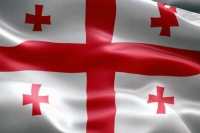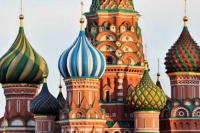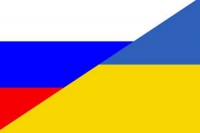
Facts about Georgian language
The Georgian language is the official language of Georgia. The
Georgian language has many dialects, corresponding to the territorial
areas of Georgia and the location of ethnographic groups of Georgian
population.
The Georgian language is very conservative. The evolution of the
literary Georgian language is very clearly seen in the literary works
that have come down to our time. Even now schoolchildren study the
works written in the fifth century in the original.
Modern Georgian consists of 33 letters and has its own alphabet. The
peculiarity of the Georgian alphabet is the lack of capital
(uppercase) letters. Quite often you can come across 3-4 and even up
to 8 consonants running but two identical consonants cannot be located
side by side.
A few words should be said about Georgian numerals: Georgian as well
as French use the system of numerals based on twenty. For example, 74
is pronounced as “three times twenty and by four more than ten”.
An interesting feature of the Georgian sound system is a striking
phonetic conservatism preserving the Georgian language sound structure
of the ancient period to the present day without notable phonetic
changes.
The question of the Georgian language genetic links has not been
settled up to now. The most plausible assumption is that it originated
from the Armenian and Greek scripts.
Georgian letter look very complex, though at present there is a
tendency to their simplification. As a rule, Georgian letter bear
little resemblance to each other and cannot be properly connected in
writing. Modern Georgian script has not developed solid italics.
Efforts in this direction make Georgian italics similar to fancy
ornate lettering.
The Georgian language is represented by 17 dialects and relevant
sub-ethnoses. A special role in folktales and fables is played by
pronouncement; a character in his/her verbal behavior is so easily
recognizable to all Georgians that there is no need to call him/her by
name or specify his/her location.
Due to the well-known Georgian cuisine, a lot of words naming dishes
and wine brands have become current in many languages: khachapuri
(cheese bread), tkemali, suluguni, yoghurt, Satsivi, khinkali,
chahobili, Kindzmarauli, Rkatsiteli, Saperavi, and others.
Typical Georgian surnames end in –dze (characteristic of Western Georgia) and
-swili (characteristic of Eastern Georgia) which means “child”. The
people coming from highlands have surnames ending in –uri, -uli. One
of ethnic groups abound in surnames ending in –ani and –iani.




